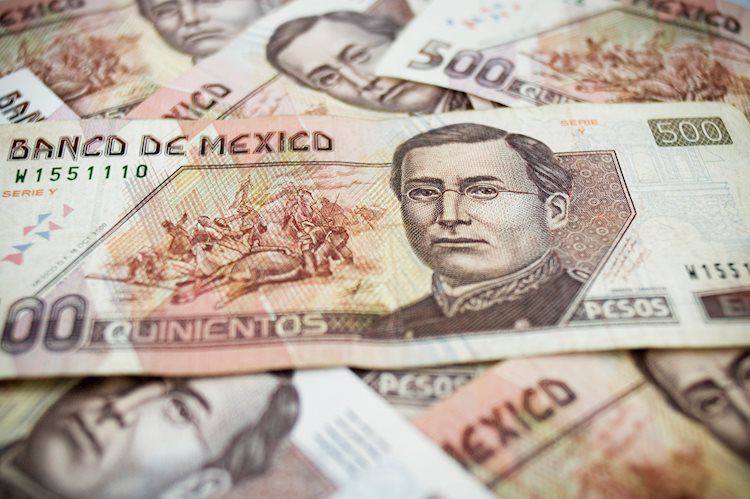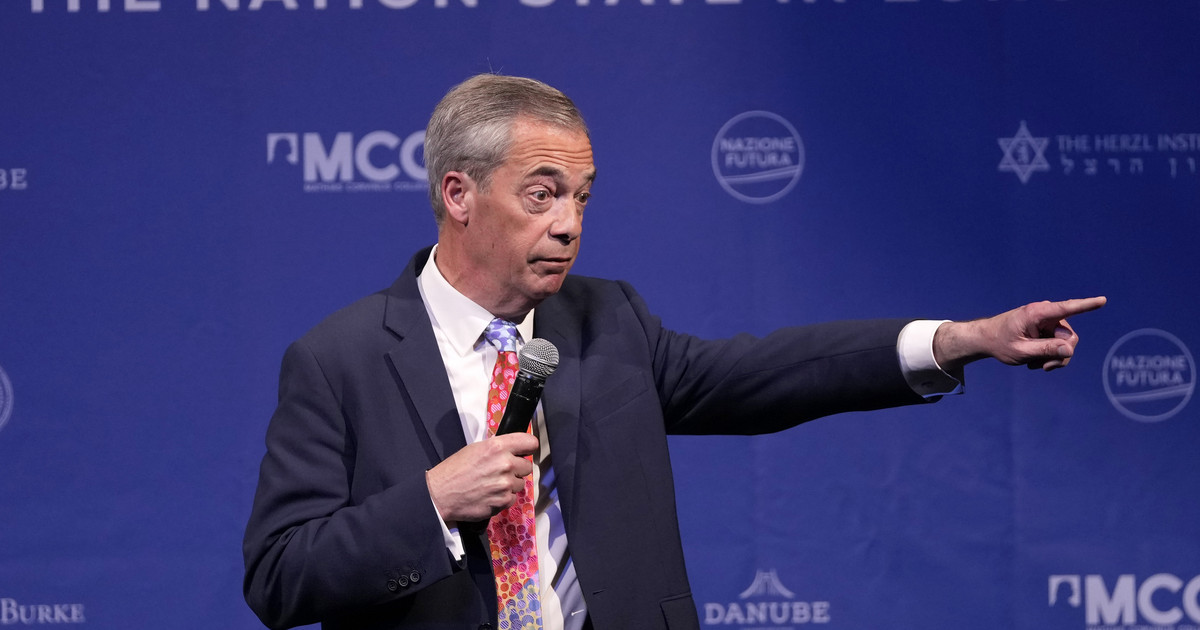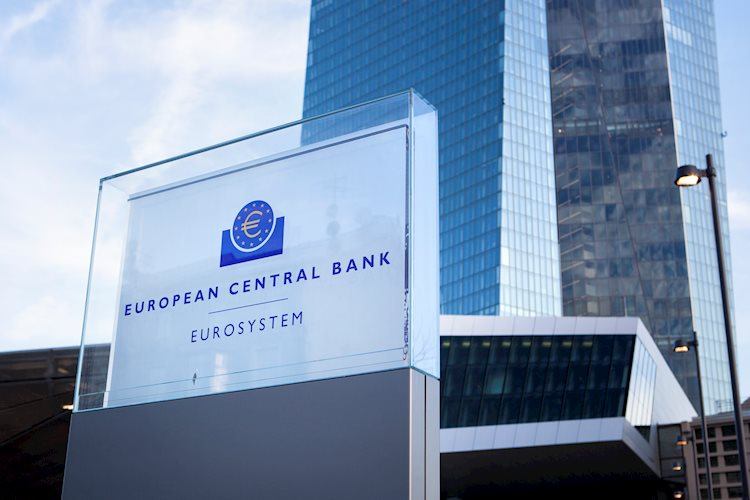The organization responsible for hiring health workers for assistance in the Yanomami reserve said that it has been living, for years, with the lack of inputs provided by the federal government.
In an interview with CNN the lawyer Cleverson Daniel Dutra, who represents the Missão Evangélica Caiuá (the main beneficiary of agreements in this area), stated that the biggest problem faced by health professionals has been the lack of supplies, such as gloves, syringes and basic medicines.
In addition, the organization already alerted the government in 2019 and offered to purchase these inputs on its own, but the proposal was rejected by those responsible for the health care policy for indigenous people in the government of Jair Bolsonaro (PL).
The Evangelical Mission Caiuá receives the largest share of resources from actions to promote, protect and recover indigenous health. According to data from the Transparency Portal, in the last four years alone (from 2019 to 2022), the organization received more than BRL 872 million from public coffers. In exchange, it hired health professionals to work in indigenous communities in various states of the country.
Currently, according to Dutra, the Caiuá Evangelical Mission has nine agreements with the government. The link with the public authorities was greater in the past. In 2018, he says, the organization reached the peak of contracts, fulfilling 19 agreements and receiving more than BRL 400 million in a single year.
According to the lawyer, the professionals hired by the entity had managed to access the indigenous villages, but faced problems with missing inputs.
“Our professionals were entering [na área Yanomami] and they did not have the necessary inputs to work safely (…) The government was not supplying professionals with the necessary inputs”, he said. “This has been going on for a long time. Since 2011, 2012 we have this problem. Glove, syringe, basic medicines to attend. Many times there wasn’t even a dipirona to prescribe and give.”
Asked whether the federal government has already been informed of this lack of inputs in recent years, Dutra said that there have been no official communications to that effect. Despite this, he said that the government is aware of the matter, since the professionals hired by the mission provide services to the Special Secretariat for Indigenous Health (Sesai), linked to the Ministry of Health.
“Who organizes this is the government itself, Sesai and the DSEI (Special Indigenous Sanitary District). They know that there is a shortage of medicines, yet they end up sending professionals without the necessary supplies. The government knows, it has knowledge,” she reported.
The attorney for the Missão Evangélica Caiuá completed: there was a meeting in 2019 in Brasília in which the representatives of the entity made themselves available to acquire the inputs and avoid this type of problem. The solution would be to make an “add-on” to the contract (that is, an addition) to increase the payment for the mission to purchase these products.
“In 2019, we even requested in a meeting with Sesai that we could include the possibility of purchasing some inputs within the agreement’s work plan, at least the basics. The government said it didn’t need it, it said it would centralize these purchases at Sesai and distribute them with the DSEI. The government said it was taking responsibility,” he said.
At the time of the meeting, according to Dutra, the Special Secretariat for Indigenous Health was headed by Silvia Waiãpi, a federal deputy elected by the Amapá PL. THE CNN got in touch with Silvia and sent questions about this meeting and the accusations of lack of inputs, but did not receive a response until the publication of this report.
Silvia Waiãpi was appointed by former Minister of Health Luiz Henrique Mandetta to the position and had the support of former Minister Damares Alves. Currently, Waiãpi is the target of the inquiry that investigates the conduct of congressmen in relation to the coup act of January 8 in Brasilia. In addition, the deputy is accused of having used money from the electoral fund to perform cosmetic facial harmonization surgery. She denies the accusations.
Missão Evangélica Caiuá provides services in several regions, including Mato Grosso do Sul (where the organization is headquartered) and in the Yanomami reserve, where it currently has around 800 professionals.
In the last four years (from 2019 to 2022), the NGO claims that the contract for the provision of services in the Yanomami area was worth BRL 182 million. Only BRL 170 million would have been paid because of contingencies in that period (such as spending cap limitations). The reduction, however, would not have affected the services, according to the attorney for the Missão Evangélica Caiuá.
The dramatic situation of the Yanomami people led the federal government to declare a public health emergency in the region. Since last Friday (16), professionals from the Ministry of Health have been in the territory and have identified a bleak scenario.
Children and elderly people in the villages were in a serious state of health, with severe malnutrition, in addition to many cases of malaria, acute respiratory infection and other problems.
THE CNN contacted the Ministry of Health in search of a position on the declarations of the lawyer for the Missão Evangélica Caiuá, but did not receive a response until the publication of this report. If there is a response, this text will be updated.
Source: CNN Brasil
I’m James Harper, a highly experienced and accomplished news writer for World Stock Market. I have been writing in the Politics section of the website for over five years, providing readers with up-to-date and insightful information about current events in politics. My work is widely read and respected by many industry professionals as well as laymen.






